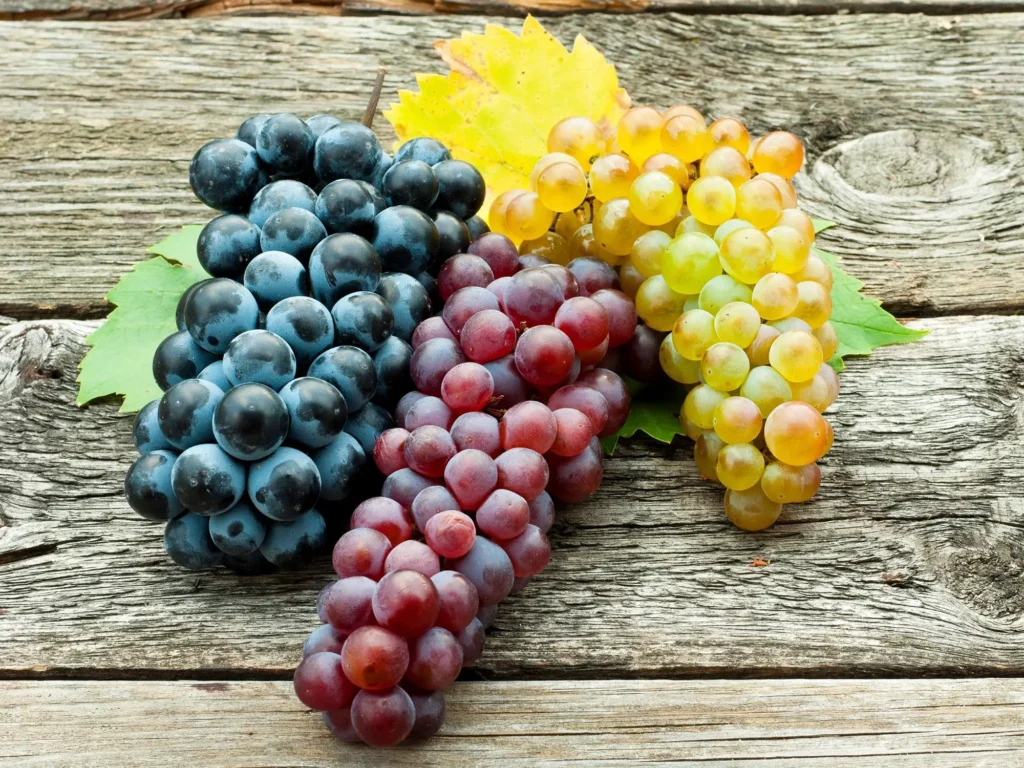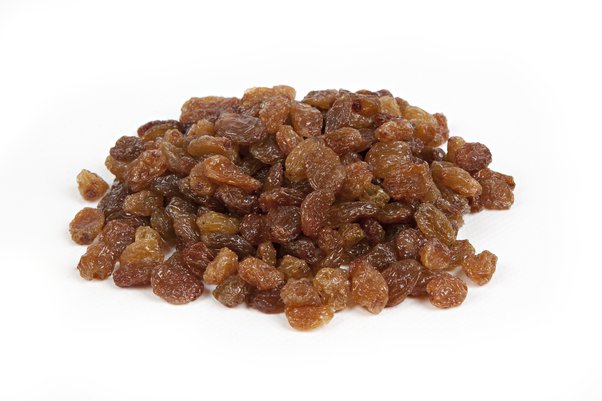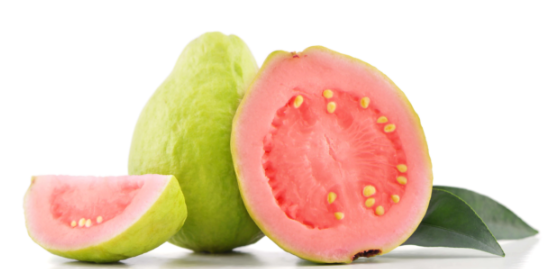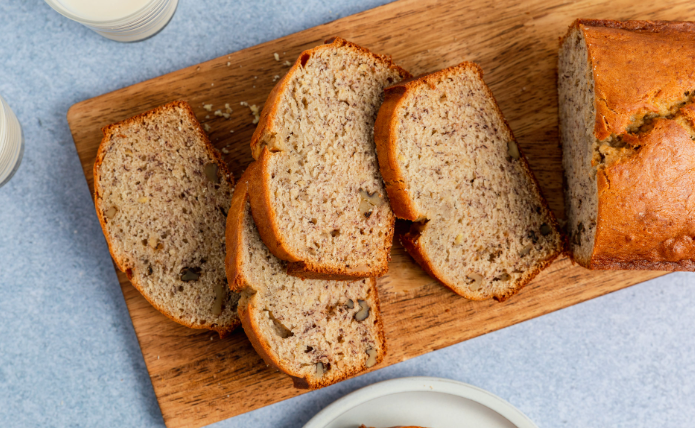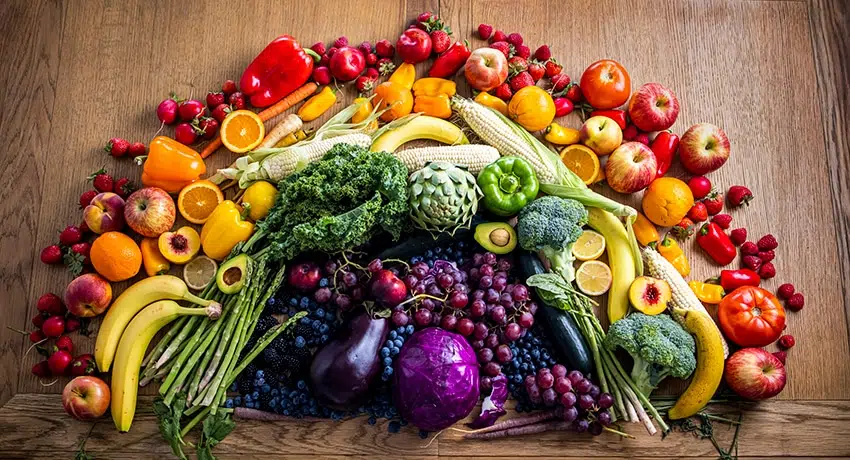Shedding extra pounds isn’t easy. Figuring out just the right foods and amounts can be tough. But, dried fruits could be exactly what your diet needs.
For weight loss, it’s key to eat things that are good for you and full of nutrients.
Dried fruits can be a good choice for losing weight because they’re full of fiber, vitamins, and minerals. But when you eat them matters if you want to get the most benefit for weight loss.
Table of Contents
- Why Dried Fruits are Useful for Losing Weight
- What’s in Dried Fruits That Helps with Weight Loss?
- So, When Should You Eat Dried Fruits to Lose Weight?
- 1. As a Snack Between Meals
- 2. Before Working Out
- 3. After Exercising
- 4. With Breakfast
- 5. Instead of Dessert
- Mixing Dried Fruits with Other Foods
- Eating the Right Amount
- Tips for Including Dried Fruits in Your Diet
- Mistakes to Avoid When Eating Dried Fruits
- Conclusion
- FAQs
- Can I eat dry fruits in unlimited quantities for weight loss?
- Are all dry fruits equally good for weight loss?
- Can I mix dry fruits with other foods for weight loss?
- Are there any specific dry fruits to stay away from for weight back?
Why Dried Fruits are Useful for Losing Weight
Dried fruits offer lots of important nutrients like dietary fiber, vitamins, minerals, and antioxidants. They’re a quick source of energy and have lots of health perks.
Adding dried fruits to your weight-loss plan can help you fight off hunger, speed up your metabolism, give you energy that lasts, and support your overall health.
What’s in Dried Fruits That Helps with Weight Loss?
Dried fruits are bursting with nutrients that can help you slim down. Their fiber is great for digestion, keeps you feeling full, and stops you from snacking too much.
They’ve got vitamins like vitamin E, vitamin C, and B-group vitamins, plus minerals like potassium, magnesium, and iron. These all play important roles in keeping you healthy and helping you meet your weight-loss goals.
So, When Should You Eat Dried Fruits to Lose Weight?
The ideal times are in the morning or after getting some exercise. Try a few dried fruits with your breakfast, as a snack during the day, or right after a workout.
Having dried fruits in the morning can jumpstart your energy and provide nutrition to last the day. If you eat them after exercising, they can help your muscles recover and replace nutrients you’ve used up.
Let’s dig deeper into the best timing for eating dried fruits to help with losing weight.
1. As a Snack Between Meals
A small serving of dried fruits as a snack can stop you from getting too hungry and grabbing unhealthy foods. Just watch how much you eat to avoid gaining weight.
2. Before Working Out
Dried fruits like dates, apricots, and figs can give you the energy you need before you exercise. Make sure you eat them with enough time to digest before starting your routine.
3. After Exercising
Dried fruits with carbs, like raisins or dried mangoes, can help refill your energy stores and help your muscles recover. They’re perfect for a post-workout snack.
4. With Breakfast
Eating dried fruits first thing can boost your nutrients and fiber for the day. Try adding them to oatmeal or yogurt, or blend them into smoothies. Be mindful of how much you add to prevent weight gain.
5. Instead of Dessert
For a sweet but healthy treat, how about fig slices with a bit of almond butter? This can curb your sugar craving in a healthier way. Just keep an eye on portion sizes to not overeat.
Be smart about how much dried fruit you eat and when. While they’re great for weight loss, it’s still important to have a balanced diet.
To lose weight the healthy way, eat lots of different foods like whole grains, veggies, and proteins. Don’t forget to exercise regularly, too.
Mixing Dried Fruits with Other Foods
You can add dried fruits to different recipes. Mix them with oatmeal, salads, smoothies, or baked goodies. Their sweetness means you can cut back on added sugar and still get loads of nutrition.
Eating the Right Amount
Even though dried fruits are good for you, it’s best to enjoy them in smaller amounts because they have lots of calories packed into a small portion. Stick to about 1/4 to 1/2 cup a day.
Tips for Including Dried Fruits in Your Diet
- Buy good quality dried fruits from reputable places to ensure they’re fresh and nutritious.
- Keep your dried fruits in a cool, dark place in air-tight containers to keep them good.
- Try out different mixes and tastes to keep your meals fun and tasty.
- If you have allergies or don’t react well to certain dried fruits, choose different ones.
- Drink plenty of water throughout the day to help with digestion and getting the most out of the nutrients in dried fruits.
Mistakes to Avoid When Eating Dried Fruits
- Eating too many can add extra calories and make it harder to lose weight.
- If you only eat dried fruits and don’t have a balanced diet, you might not get all the nutrients you need.
- Don’t eat big amounts at once – having too many calories at once isn’t great for weight loss.
- Choosing dried fruits that have added sugars or preservatives can impact your weight loss journey, so opt for those without added ingredients for a healthier option.
- Eating dry fruits covered in extra sugars or oils can lower the good things they offer for your health, and may also lead to putting on weight.
- When you pick dry fruits without thinking about what you need and like for your diet, it can make you less happy with your eating plan and it might be harder to stick to your weight loss goals.
Conclusion
The top time to have dry fruits for losing weight depends on how you live and what you like. But, experts think having them in the morning is a good choice.
Having dry fruits for a snack in between meals, before you work out, after you exercise, with a balanced breakfast, or as a replacement for dessert can all help you out.
If you want to see the best results, be careful about how much you eat, try to have dried fruits with other healthy foods, and make sure to exercise regularly.
